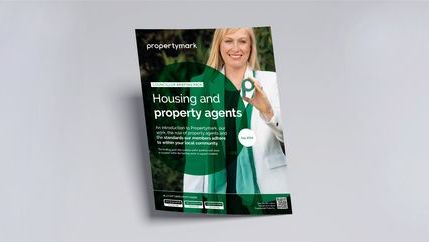
In previous research and consultations, we have highlighted the need for balanced solutions that provide incentives and support for landlords and property owners, not just punitive measures. While we agree that long-term vacant properties are a lost resource, reducing the EDMO threshold from two years to six months is a significant shift that could have unintended consequences for legitimate owners who may be facing genuine difficulties.
We believe any changes to EDMO regulations must be accompanied by clear guidance, proper safeguards, and opportunities for owners to bring their properties back into use voluntarily before enforcement action is taken.
What are Empty Dwelling Management Orders?
EDMOs were introduced by the Housing Act 2004, allowing local authorities to take temporary possession of properties that have been left unoccupied for a significant period. These orders enable councils to refurbish and rent out empty homes, with the proceeds (minus costs) going to the property owners.
Under current legislation, councils can apply for an EDMO after a property has been vacant for at least two years. The process involves applying to a Residential Property Tribunal, which assesses whether the order is justified.
What is driving calls for change?
Westminster City Council argues that, with over 1,500 properties standing empty in Westminster alone, urgent action is required to bring them back into use to ease the pressure on housing supply.
The council’s move follows growing national concern about the number of homes lying vacant amid escalating demand for housing. The UK Government has expressed its support for councils like Westminster to take stronger action, indicating that they will back local authorities seeking to implement EDMOs more quickly.
Incentivising owners to act
Many empty homes in the borough are luxury properties left vacant by overseas investors or owners with no immediate plans to occupy or rent them out. With housing demand at critical levels, especially in London, the council believes these homes could provide much-needed accommodation.
This proposed policy shift is intended to encourage owners to either sell or rent out their properties sooner, ensuring that valuable housing stock does not sit unused for extended periods.
Ongoing representation of members
Propertymark continues to be a leading voice on housing supply issues. We have contributed to numerous consultations on empty homes policy, tax changes, and landlord support schemes. Our reports have consistently emphasised that a comprehensive strategy is needed to tackle housing shortages, which includes bringing empty homes back into use, building new homes, and supporting the private rented sector.
We will monitor developments in Westminster closely and keep our members informed. If you have any questions or concerns about how these proposals might affect you or your clients, please contact us directly via [email protected].






